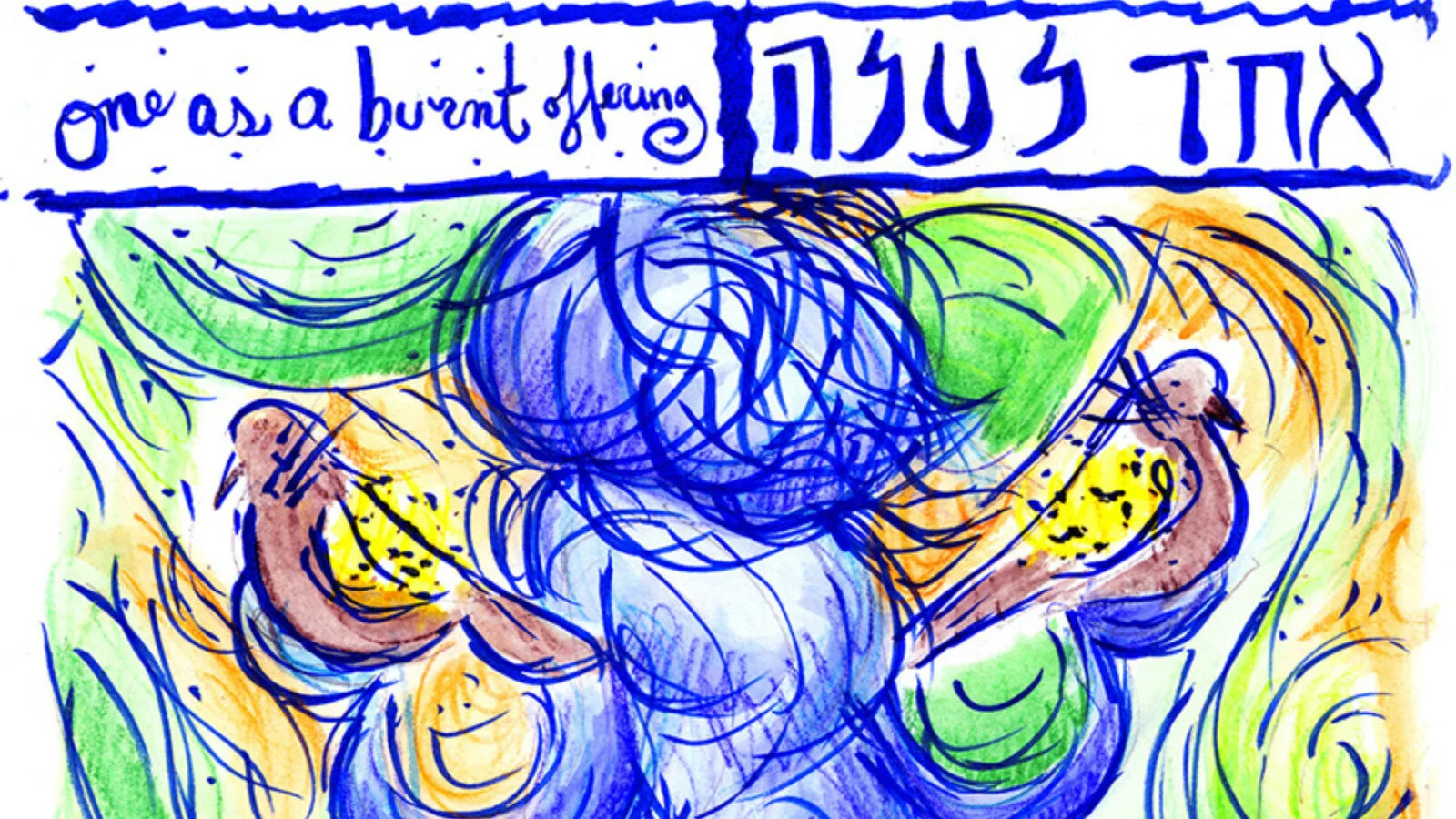Summary : Our parasha this week is a double parasha and is quite unusual and to be honest, is not at all pleasant. Our text focuses on bodily impurities. In our portion God describes the rituals of purification for a woman after childbirth. God then sets forth the methods for diagnosing and treating a variety of skin diseases, including tzara’at (a leprous affection), as well as those for purifying clothing. We then learn about Priestly rituals to cure tzara’at when it afflicts humans are described, continuing with rituals to rid dwelling places of the same disease. The parasha then describes male impurities resulting from a penile discharge or seminal emission. The parasha concludes with accounts of female impurities caused by a discharge of blood.
Lesson: While our portion is about all sorts of strange diseases, primarily skin diseases like leprosy, or mold in homes, our commentators, maybe to avoid the real topic of the parasha, find an interesting lesson in the midst of the descriptions of disease and healing rituals. Our commentators view leprosy as an external sign of internal decay. Illness becomes a symbol for corruption, immorality and callousness.
What’s the name of our parasha? Tazria-Metzora. And our commentators play with the name – they take Metzora and come up with Motzi-Shem-Ra – changing the focus of our parasha from Metzora - skin disease and leprosy to Motzi-Shem-Ra – slanderous speech. In the Talmud we read: “Said Resh Lakish: What is the implication of the phrase “This shall be the law of the leper” (Metzora)? “[We should understand it to read] this shall be the law of he who spreads evil talk” (motzi-shem-ra).
From skin disease to slanderous speech. How brilliant are our commentators?!! How important is their lesson for us today?!
Our rabbinic commentators, in the Midrash, emphasize the power of slander and evil words when they teach: “Their tongue is a sharpened arrow…Why is the tongue compared to an arrow? If a man draws a sword to kill his fellow, the latter begs for mercy and the would-be slayer changes his mind and sheaths his sword. Whereas an arrow cannot be called back once it has been shot, even if the marksman wishes to do so.”
They continue: “Likewise this wicked man slays other men with his tongue in the same way as an arrow. Just as the victim does not know about it until it actually reaches him, so the effects of evil talk are not felt by the victim until the arrows of a wicked man pierce him.
Motzi-Shem-Ra – slanderous speech – a clear problem evident throughout our society, from our top politicians to our neighbors and friends. Society is suffering from Metzora – not the skin disease, but rather the disease of corruption, immorality, callousness and slander.
Let me share with you a favorite story. A wandering merchant comes into the town square selling an elixir that will provide eternal life! He entices a large crowd who are eager to purchase his wares. When enough people laid out their money, the merchant finally revealed where the secret of the elixir is hidden…in the book of Psalms: “Who desires life? Keep your tongue from evil and your lips from guile.”
In a Torah portion filled with uncomfortable descriptions of disease, our commentators creatively discover an important lesson. How does the Torah teach us to fight the spiritual disease rampant in our society and in our lives? How does the Torah teach us to fight the disease of corruption, immorality, callousness and slander? “Keep your tongue from evil and your lips from guile.”
Shabbat Shalom
Rabbi Donald Goor
